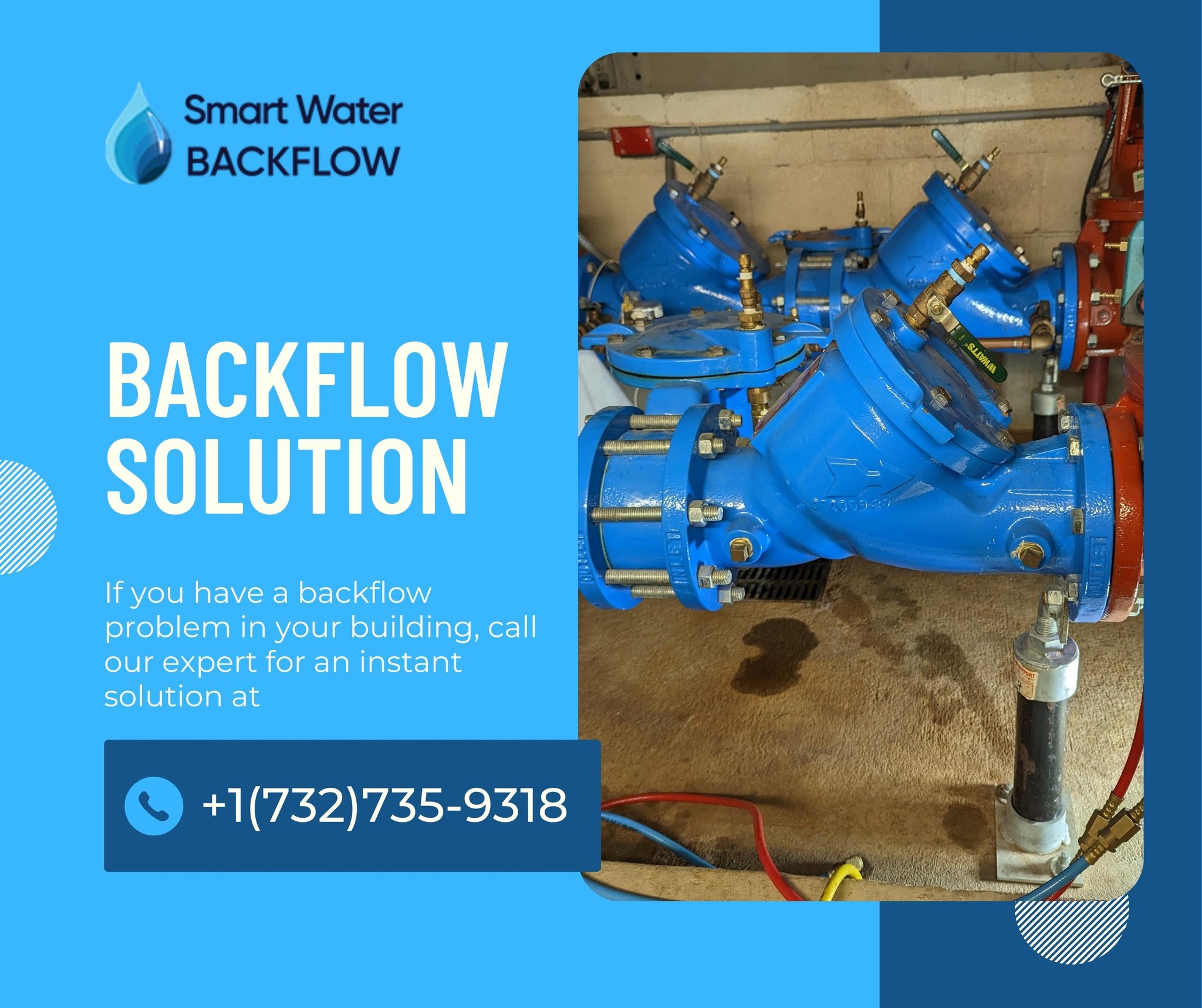What Are The Legal Aspects of RPZ Backflow Compliance in New Jersey?

No matter where you live, for a healthy lifestyle, it is essential that clean water flows into your homes and businesses. For that, we need to make sure that our water supply has no backflow issues and that the necessary preventive measures are taken. It is where RPZ backflow devices come into play. It safeguards drinking water from contamination. Also, the fact is that New Jersey enforces strict regulations to ensure RPZ devices are installed and maintained correctly. In this blog, we’ll break down the legal aspects of RPZ backflow compliance in New Jersey so you can understand why it matters and how it affects you.
So, you already know what backflow is. It basically occurs when water flows in the opposite direction than it should, thereby bringing contaminants into our clean water supply. Backflow can happen in various situations, like when there’s a drop in water pressure or a sudden increase in demand, which can create a vacuum effect. RPZ backflow devices prevent this reverse flow of water, keeping our drinking water safe.
New Jersey Regulations on RPZ Backflow Devices:
Let’s now discuss the legal aspects. The use of RPZ backflow devices in New Jersey is governed by the Safe Drinking Water Act (SDWA) and the New Jersey Administrative Code (NJAC). To guarantee the security of our water supply, the New Jersey Department of Environmental Protection (NJDEP) oversees these rules.
One of the most crucial aspects of RPZ backflow compliance in New Jersey is the requirement for certain facilities and properties to install these devices. If you own or operate any of the following, pay attention:
- Hazardous Materials Facilities: Businesses dealing with dangerous materials are more likely to contaminate the water supply. They are legally required to have RPZ backflow devices installed to protect against backflow incidents.
- Commercial Properties with Lawn Irrigation Systems: If you have an irrigation system on your commercial property, you’ll likely need an RPZ backflow device. This is because these systems can introduce contaminants into the water supply if not adequately controlled.
- Healthcare Facilities: Hospitals and healthcare facilities are responsible for ensuring the safety of their patients and staff. RPZ backflow devices are mandatory here to prevent any potential contamination.
- Public Water Systems: If you’re part of a public water system, you have a big responsibility. RPZ backflow devices are a must to safeguard the public from any backflow-related water issues.
- High-Risk Industries: Certain industries, like food processing or chemical manufacturing, are deemed high-risk when it comes to backflow. They must have RPZ backflow devices to mitigate these risks.
Certified Testing and Inspections:
Here’s another crucial part of compliance: regular testing and inspections. In New Jersey, RPZ backflow devices must be tested and inspected by a certified backflow prevention device tester. These professionals ensure that your device works correctly and keeps contaminants out of the water supply. Therefore, always go for a trusted and certified one when you search for ‘Backflow Installation Service near me’, so that you don’t face any issues later.
Documentation and Record-Keeping:
In the world of regulations, documentation is your best friend. New Jersey requires property owners and operators to keep accurate records of RPZ backflow device installation, testing, and maintenance. These records are essential to prove compliance and are subject to inspection by authorities.
Consequences of Non-Compliance:
Now, let’s talk about the consequences of not complying with RPZ backflow regulations in New Jersey. It may result in financial penalties, fines, and even closure of your facility. Because these rules are in place to protect the public’s health, they’re taken seriously.
In a nutshell, RPZ backflow compliance in New Jersey is about keeping our water safe to drink. It involves the installation of these crucial devices in high-risk areas, regular testing and inspections, and meticulous record-keeping. The legal aspects might seem daunting, but they’re here to ensure that we can confidently turn on the tap, knowing that the water is clean and safe.
So, if you own or operate a property under these regulations, ensure you’re in compliance. It’s not just about following the law; it’s about safeguarding the health and well-being of our community.
Leave a Reply